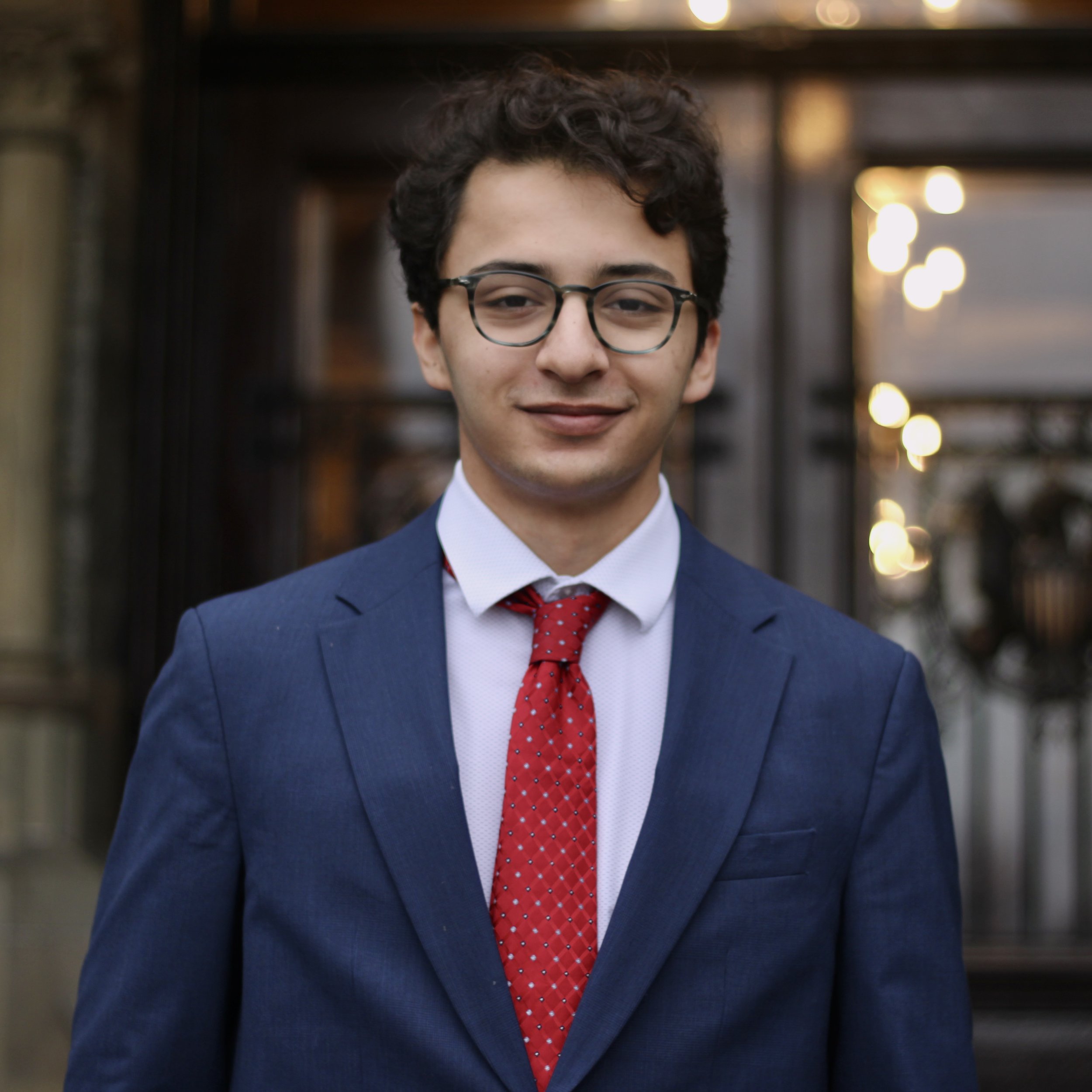
Just Gdańsk: The Kingdom of prussia, 1773
In 1772, the Polish-Lithuanian Commonwealth was partitioned between Prussia, Russia, and Austria, Central Europe’s three great powers. Each great power sought to restore the balance of power in the region, a balance that Russian victories against the Ottomans had shaken, and the Polish were simply the most convenient target. At gunpoint, Poland handed over swathes of territory to the three nations, including its critical western province of Royal Prussia. The one exception was the thriving port city of Gdańsk, which lies along the Baltic coast and has a majority Polish population. Surrounded on all sides except the sea, Gdańsk is now a lone Polish outpost in a sea of Prussian blue.
The partition is undoubtedly a diplomatic triumph for Prussia and its King, Frederick — with the stroke of a pen, vast new territories have been annexed, and the vital province of East Prussia is now connected to the kingdom’s heartland. But Gdańsk remains, and any conflict with the city could spell disaster. The balance of power in Eastern Europe is treacherous, and any overt Prussian move against Gdańsk could be the pretext for a full-scale war. Instead, Prussia must decide how it will approach relations with the city while balancing its new territories in the East with the battle for European dominance. That is a battle they can ill afford to lose: Prussia may feel invincible now, but it was only 13 years ago that Russian and Austrian troops were at the gates of Berlin while the Prussian Army fled. It took a miracle to save the kingdom then; if the battle over Gdańsk goes wrong, can they afford another one?
Chair:
Dhruv Shah
-
Dhruv Shah is a member of Georgetown University School of Foreign Service’s Class of 2026, majoring in International Economics. Hailing from New Jersey, Dhruv began competing in Model UN in his freshman year of high school and served as Secretary-General of his high school’s second annual MUN conference. At Georgetown, Dhruv has previously served as Chief of Staff of NAIMUN LXII, Under-Secretary-General of the National Security Apparatus of NAIMUN LXI, and Director of Programming of NCSC LI. Outside of Model UN, Dhruv is involved in the Asian-American Student Association and Georgetown University College Democrats. In his free time, Dhruv is either yapping with his friends, taking a nap, or listening to a political podcast. Dhruv looks forward to seeing you all at NCSC LIII in the fall!
CRisis Manager:
Audrey Martin
Grand CM:
Peyton Austin
-
Audrey Martin is a member of the Walsh School of Foreign Service class of 2026. She studies International Politics with a focus on International Law, Institutions, and Ethics, and is also pursuing a certificate in International Business Diplomacy. Audrey has enjoyed staffing all three of Georgetown’s Model UN conferences, and has especially enjoyed her time on the Secretariats of NAIMUN LXI and LXII. She is originally from Wellesley, Massachusetts, and loves drinking as much Dunkin iced coffee as her budget permits. She is very excited to serve as the Crisis Manager for the City of Gdańsk committee!
-
Peyton Austin is a member of the Class of 2026 in the Walsh School of Foreign Service, majoring in International Politics and minoring in Chinese. Born and raised in Hong Kong and currently living in Basalt, Colorado, Peyton was introduced to MUN as a sophomore in high school, and since then he’s never looked back. He has competed with Georgetown's collegiate MUN team and served as the Director-General of NAIMUN LXII, Georgetown's high school Model UN conference. He staffed NCSC LII as the Crisis Manager for the USS Nimitz and has also staffed DistrictMUN, Georgetown’s middle-school conference. He enjoys reading, yapping, and exploring D.C. in his spare time. Peyton is excited to welcome delegates to the complex world of 18th-century Europe this fall!
USG: Christopher Pishvaian
This committee is in the Joint-Crisis Organ, and your Under-Secretary General is Christopher Pishvaian. Committees in this organ are small, interactive crisis committees with joint elements between two competing sides.
If you have any questions about your committee, please reach out to c.pishvaian@modelun.org.




